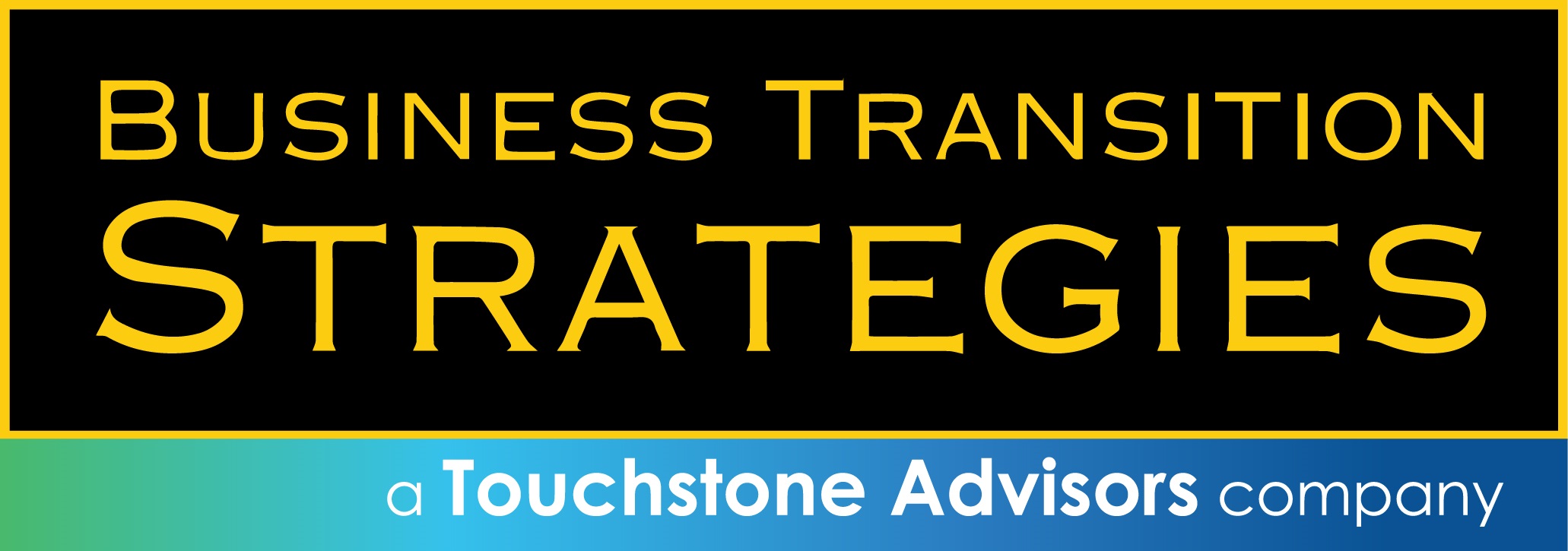A survey has shown that there is one thing people fear more than getting a tooth filled at the dentist: public speaking. People in this boat find that their mind races to provide words, but their mouth won’t deliver them. They start to shake. Their glasses fog up.
There’s a phrase to describe it: glossophobia, or speech anxiety. One of the old dictionaries on my bookshelf mentions glossolalia, which stems from Greek “speak in tongues”. People speak, but can’t be understood by others.
It doesn’t have to be that way.
I got an interesting newsletter from Layne Ainsworth at Liquid Capital this week that features an article, with specific tips, about how to handle presentations. For additional ideas, view How To Start A Presentation Tips And Tricks – 22 Powerful Strategies on their website.
Communication skills are critical in business, and overcoming fear of speaking is fundamental. Sooner or later you will be asked to make a presentation. And it can be the difference between getting a sale or missing out. One fellow Rotarian gave me three simple pointers:
- Outline your message
- Make your points
- Review what you said
Experts offer ideas about how to get the audience on your side; how to relate through stories; how to spice up your approach. Dale Carnegie’s classic “How to Develop Self Confidence and Influence People by Public Speaking” can serve as a practical guide. There are also clubs and community groups that feature opportunities for guest speakers. Rather than avoid them, seize the chance. These are opportunities to overcome your fears.
I have a simple approach – start with a simple topic, something you know a lot about, and develop your presentation from there. Think of a story to tell, then leverage this by relating it to a point you’d like to make.
Richard Greene outlines some key secrets of public speaking in a TEDx Talk on YouTube.
I did speech competitions while in the Brooks Quimby Debate League at Bates College. During these events, you were given a random topic and a few minutes to prepare and deliver a speech – often to a full house of critics. It drove home the need to read widely, to be quick on your feet. I lost competitions; but I won the bigger prize: a willingness to engage in discussions and to make a point.
Do a web search on YouTube and you’ll see some great examples of this kind of competition.
It certainly cured my fears.
